You may have encountered the term "KMS" or "Key Management Service" in discussions about activating Microsoft Windows or Office products. It's important to understand what KMS is in its legitimate context and to be aware of the significant risks associated with unofficial "KMS activators" that are often found online.
What is Key Management Service (KMS) in its Legitimate Context?
Key Management Service (KMS) is a genuine activation method developed by Microsoft. It is primarily designed for volume licensing customers, such as large organizations, businesses, and educational institutions that deploy Windows and Office on many computers. Instead of activating each computer individually with a unique product key, KMS allows these organizations to activate systems within their own network using a KMS host.
Here's how legitimate KMS activation generally works:
- An organization sets up a KMS host server on its network.
- The KMS host is activated with a special KMS host key provided by Microsoft through their Volume Licensing program.
- Client computers (running volume license editions of Windows or Office) automatically discover and connect to this internal KMS host to activate.
- Activations are not permanent in the same way as retail keys; client computers must periodically reconnect to the KMS host (typically every 180 days) to maintain their activation status.
This system simplifies license management for large deployments and ensures compliance within the organization's licensing agreement with Microsoft.
The Dangers of Unofficial "KMS Activators" (e.g., "KMS Auto Net")
Unfortunately, the KMS technology has been exploited by developers of unofficial tools, often generically referred to as "KMS activators" (with names like "KMS Auto," "KMS Pico," etc.). These tools attempt to mimic the behavior of a legitimate KMS host or modify system files to trick Windows or Office into believing they are legitimately activated via a volume license, even when the user does not own such a license.
Using these unofficial KMS activators carries SEVERE RISKS:
- Legality and Licensing Violations: Using such tools to activate Windows or Office without a valid license is a form of software piracy and a violation of Microsoft's End User License Agreement (EULA). This can have legal consequences, especially for businesses.
- Malware and Viruses: Unofficial activators are frequently bundled with malware, viruses, trojans, ransomware, or other malicious software. Downloading and running these tools from unverified websites is a primary way computers get infected.
- System Instability: These tools often make unauthorized modifications to critical system files. This can lead to system instability, crashes, update failures, and unpredictable behavior.
- Security Vulnerabilities: By disabling security features (as many of these tools instruct users to do, e.g., turning off antivirus) or modifying system files, these activators can create security backdoors, making your system vulnerable to other attacks.
- Blocked Updates or Features: While some activators claim to allow updates, Microsoft actively works to detect and disable illegally activated software. Future Windows or Office updates might fail, or your activation could be revoked, leading to reduced functionality or "non-genuine" notifications.
- No Official Support: If you encounter problems after using such a tool, you cannot seek official support from Microsoft.
- Ethical Concerns: Software development requires significant investment. Using activators to circumvent paying for software undermines the developers and the software ecosystem.
Why Do These Tools Ask to Disable Antivirus?
A common instruction found with unofficial KMS activators is to disable antivirus software or Windows Defender before running them. This is a major red flag. Legitimate software does not require you to compromise your system's security. Antivirus programs often detect these tools as Potentially Unwanted Programs (PUPs), hacktools, or even as direct malware because of their behavior (e.g., modifying system files, connecting to suspicious servers, or because they are indeed bundled with threats).
Always Opt for Legitimate Software Activation
The only safe and legal way to activate Microsoft Windows and Office is by purchasing a genuine license from Microsoft or authorized resellers. This ensures you receive a fully functional, secure, and supported product.
If you are a student or work for an organization, check if you are eligible for discounted or free software through educational programs (like Microsoft Azure for Education) or your employer's Home Use Program (HUP) or volume licensing agreements.
Conclusion
While Key Management Service (KMS) is a legitimate technology used by organizations for volume activation, the unofficial "KMS activator" tools found online are dangerous and illegal. They pose significant security risks to your computer and data, and their use constitutes software piracy. Always prioritize genuine software licenses to ensure a safe, stable, and fully supported computing experience.
RepairToFix.com does not endorse or support the use of illegal software activation tools. This article is for informational purposes only to educate users about the risks involved.
Download KMS Auto Net Activator
How to activate Windows or Office using KMS Auto Net Activator Tools?
- Download the file. (File is provided on download section, below this post)
- Before extraction of compressed file It is important to Disconnect the internet or wifi. (Important)
- Disable any Antivirus or Windows defender. Because some of the antivirus treats it as virus. But don't worry it doesn't harm any files rather than for activating system. (Important)
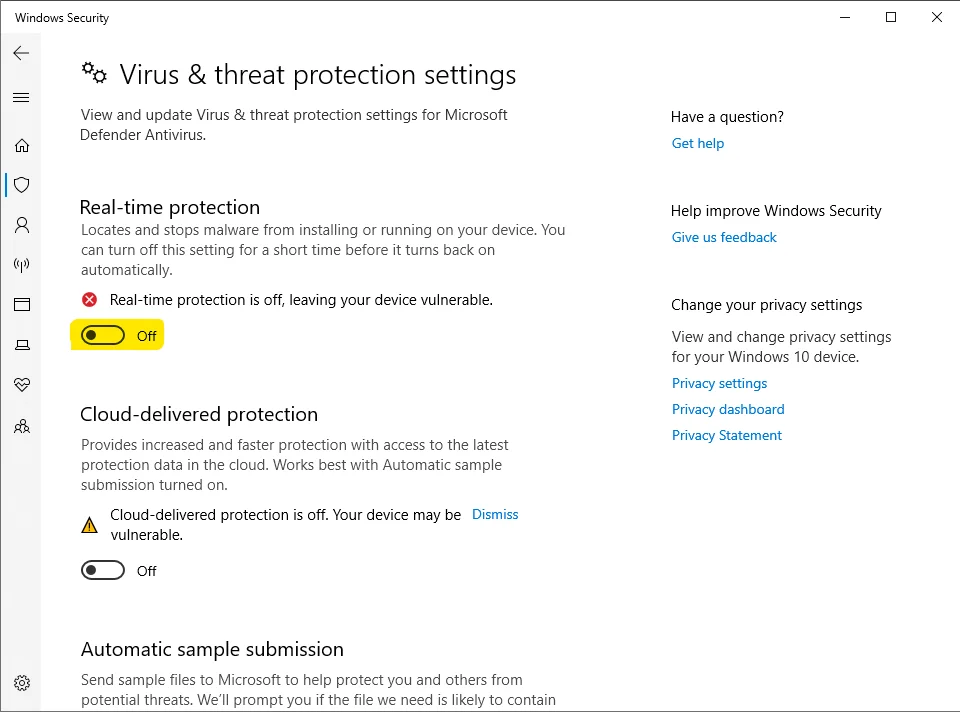
- Now, Extract the downloaded archive.
- When you run the activator it ask for password, and the password is : kmsauto
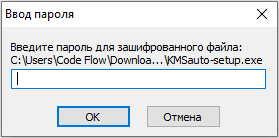
- After extraction you can install and open KMS activator.
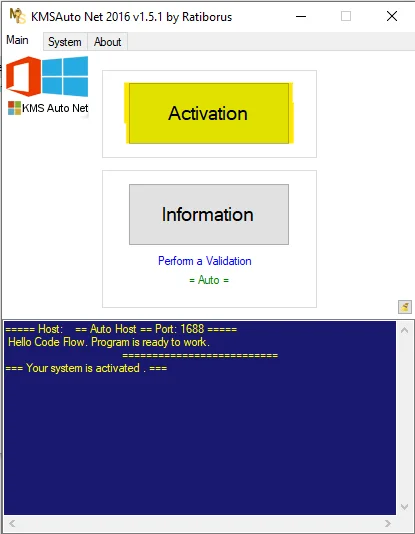
- From the above screen Click on Activation.
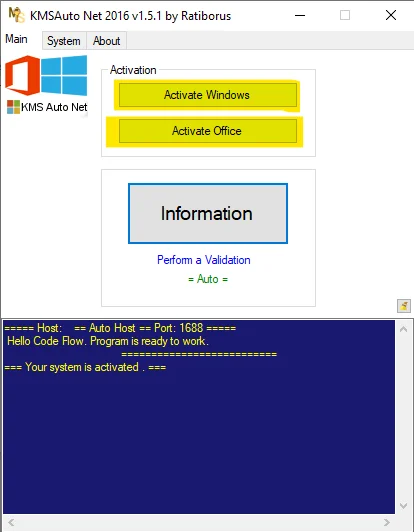
- Finally you can choose Activate Windows or Activate Office to activate your respective software.


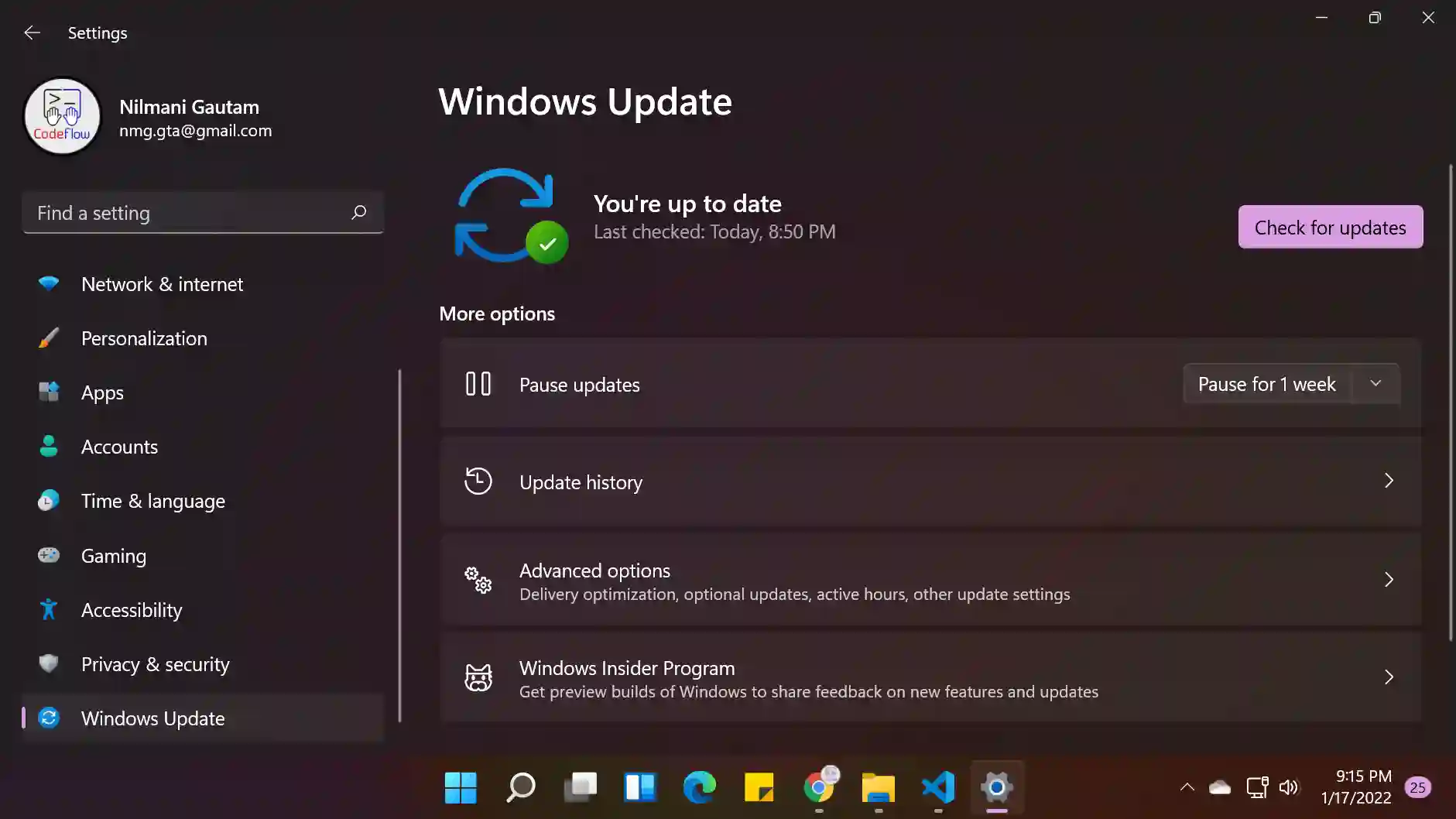

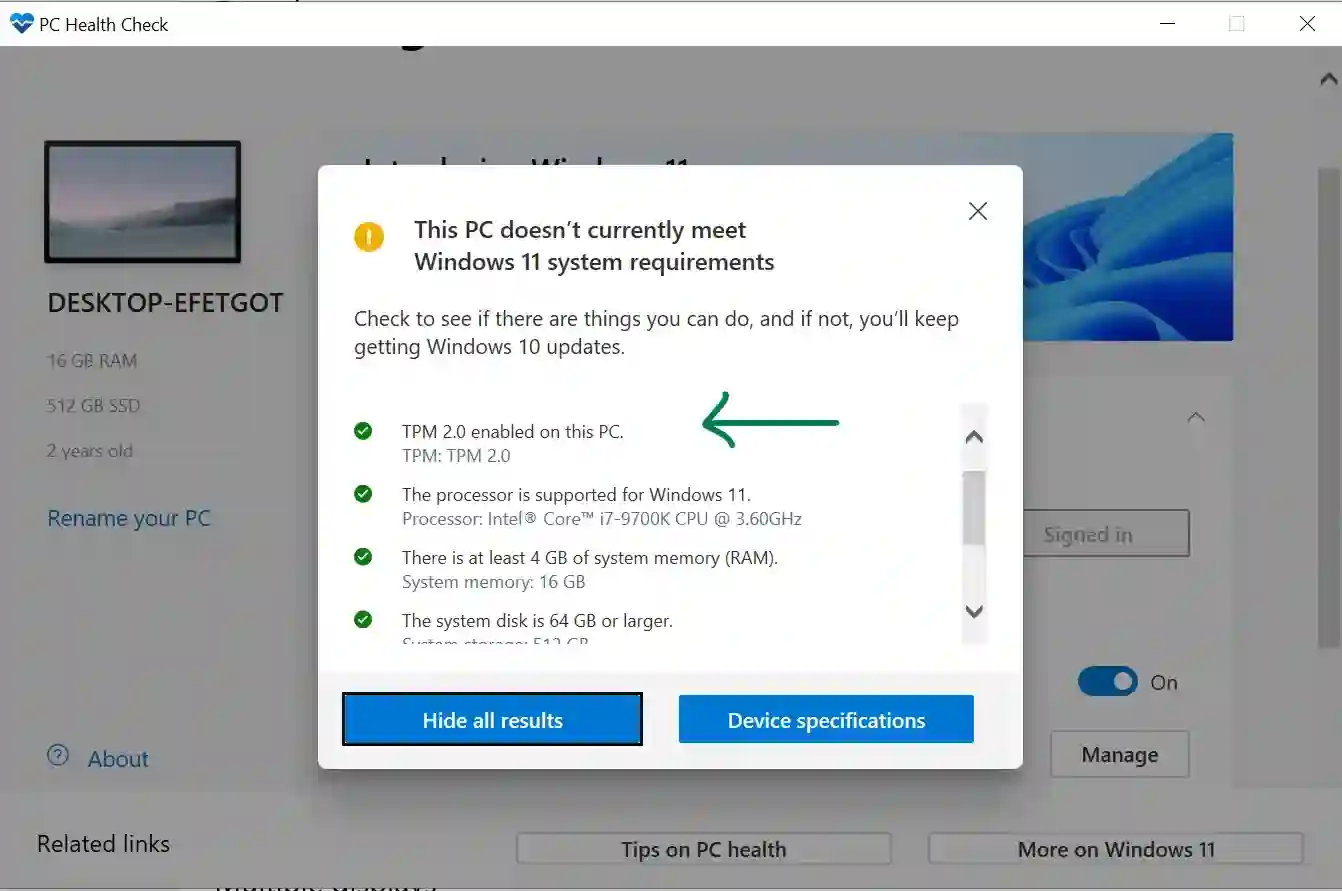
![Windows 11 Insider Preview Build | New Features, Changes and Fixes [Download ISO]](/uploads/2/images/windows-computers/2023/win-11/windows-11-22000-65.webp)